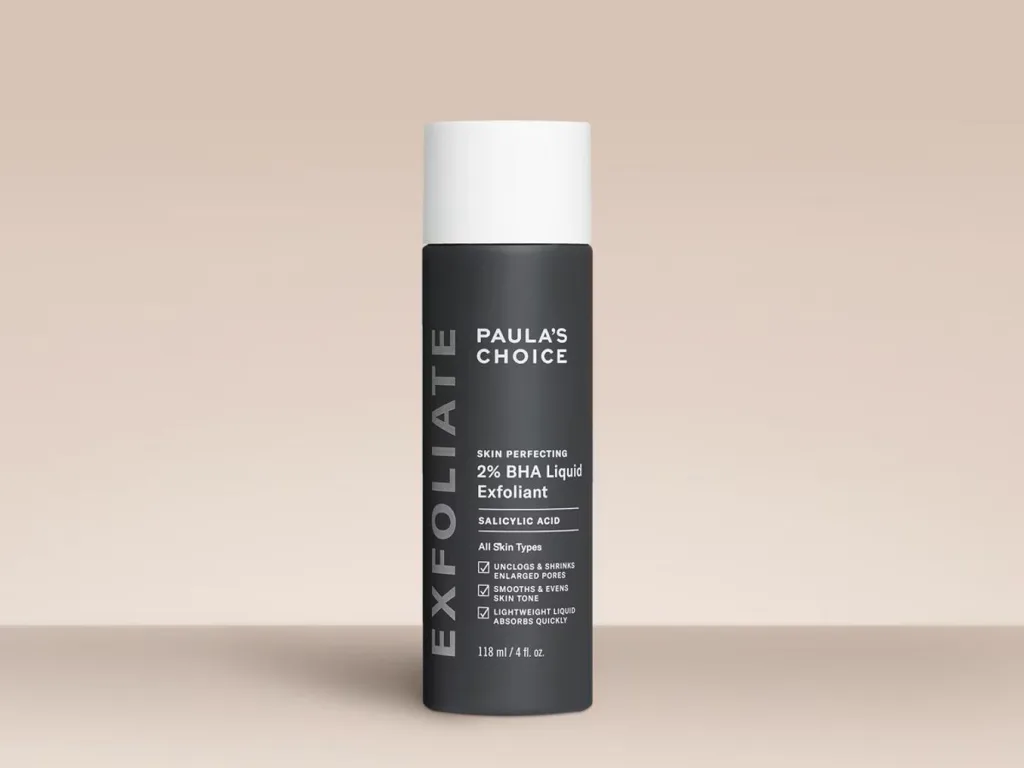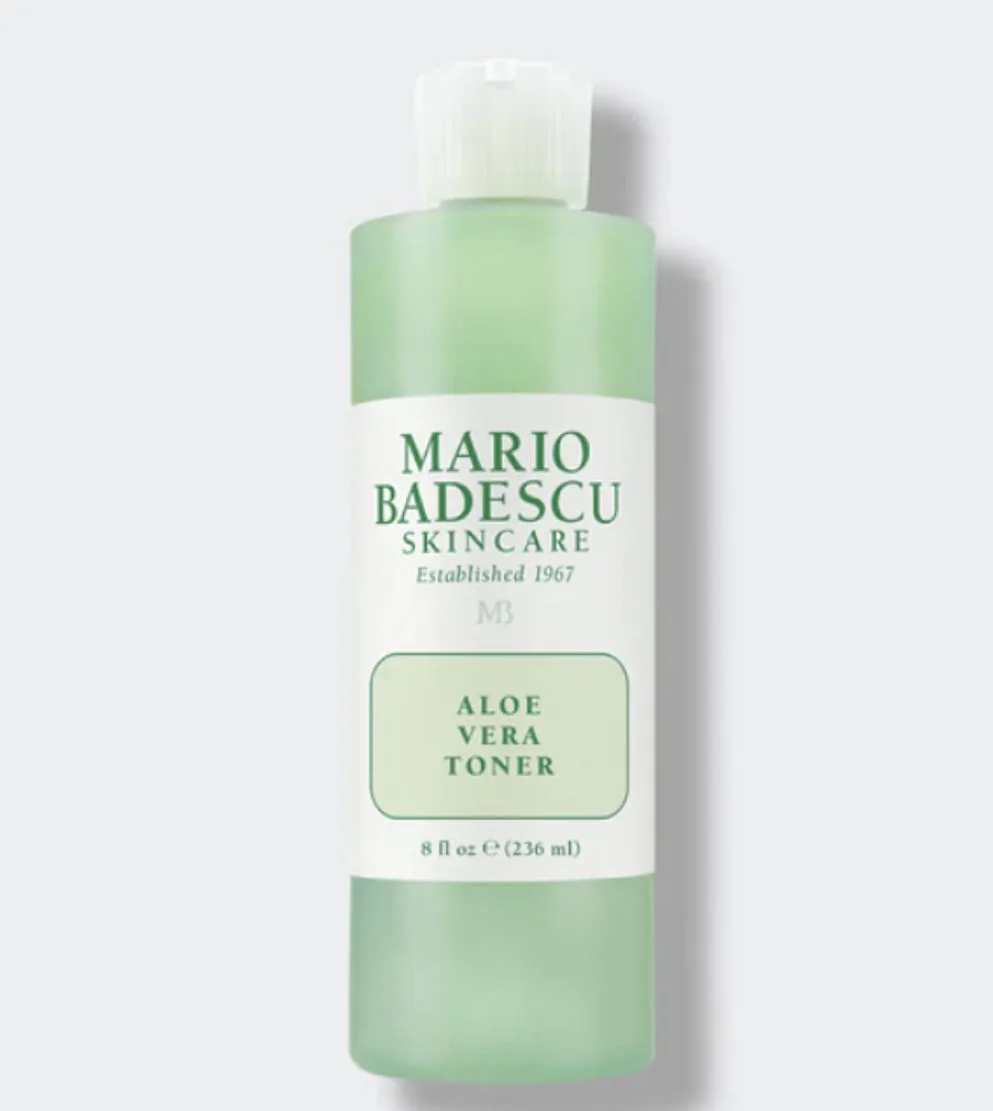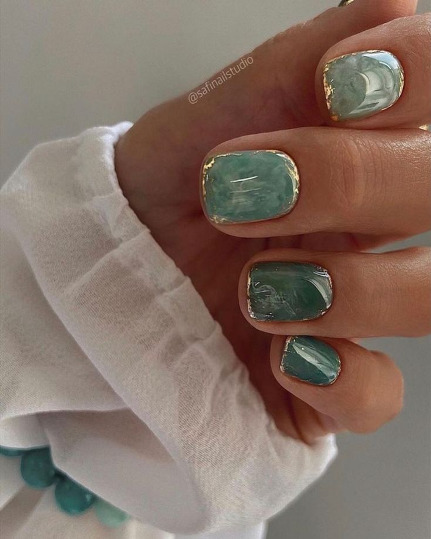In the pursuit of clear, healthy skin, many often question the necessity of face toners. Questions like “What does a toner do?”, “Do I really need it?”, “Should I just save money on this one?”.
Questions like this are normal and I had these questions too when I first started skincare. Knowing the benefit and purpose of each step and product in your skincare routine is a step forward in taking control over your skin.
In this article, you can find out what a toner is, what it does and how to use it. With this, you will be able to decide yourself if you need a face toner to come after your cleanser or not.
If you do decide to make face toners a part of your routine, you might find good ones from these organic and sustainable brands!
What is a toner?
Let’s start with the basics. Originally, toners were formulated to remove any lingering traces of dirt, oil, or makeup after cleansing. In addition to cleaning, it also serves to restore the skin’s pH balance. However, modern toners have evolved beyond their cleansing origins and now offer a multitude of benefits for various skin types.
Toners in the past were too astringent and drying to remove excess oil. However, today’s toners are often infused with nourishing ingredients such as hyaluronic acid, antioxidants, and botanical extracts. These ingredients are designed to hydrate, soothe, and prepare the skin for subsequent skincare steps.
Toners come in various formulations catering to diverse skincare preferences.
What does a toner do?
Now that we understand what toners are let’s explore their benefits. One of the primary functions of a toner is to remove any residual impurities that may have been missed during cleansing. By sweeping away excess oil, dirt, and dead skin cells, toners help to refine pores and prevent breakouts, promoting a clearer, more radiant complexion.
Additionally, toners play a crucial role in restoring the skin’s pH balance, which can be disrupted by harsh cleansers. By maintaining the skin’s optimal pH levels, toners help to strengthen the skin’s natural barrier, making it more resilient against environmental stressors and reducing the risk of sensitivity or irritation.
Furthermore, manufacturers formulate many toners with hydrating ingredients that replenish moisture levels in the skin, leaving it feeling soft, supple, and plump. This added hydration not only improves the overall texture and appearance of the skin but also enhances the efficacy of subsequent skincare products.
How to use a toner?
Now that we understand the function of toners let’s discuss how to incorporate them into your skincare routine effectively.
The most common method of applying toner is to saturate a cotton pad with the product and gently swipe it across the face and neck after cleansing. Alternatively, you can pour a small amount of toner into the palm of your hand and pat it directly onto the skin.
Toners can also come in bottles that have a spray mechanism. Simply place the product some centimeters away from your face and spray then pat into your skin.
When applying, be sure to focus on areas that are prone to excess oil or congestion, such as the T-zone. Focus also on areas that may need extra hydration, like the cheeks and jawline. Allow the toner to fully absorb into the skin before proceeding with the rest of your skincare routine.
For sensitive or dry skin, opt for alcohol-free toners that are gentle and soothing. Be sure to avoid harsh ingredients that may cause irritation. Conversely, those with oily or acne-prone skin may benefit from toners that contain exfoliating acids such as salicylic acid or glycolic acid, which help to unclog pores and regulate sebum production.
Recommendations
With a plethora of toners available on the market, choosing the right one for your skin can be overwhelming. To help you navigate this vast landscape, here are a few recommendations based on different skin types and concerns:
- For dry or dehydrated skin: Look for hydrating toners infused with ingredients like hyaluronic acid, glycerin, or ceramides. These ingredients help to lock in moisture and prevent transepidermal water loss. You can try CeraVe Hydrating Toner

- For oily or acne-prone skin: Consider toners containing exfoliating ingredients such as salicylic acid or tea tree oil. These ingredients help to unclog pores, regulate oil production, and prevent breakouts. You can try Paula’s Choice 2% BHA Liquid Exfoliant toner

- For sensitive or irritated skin: Gentle, alcohol-free toners that contain soothing ingredients like chamomile, aloe vera, or centella asiatica. These ingredients help to calm inflammation and redness. You can try MARIO BADESCU Aloe Vera Toner

Remember to patch-test new products before incorporating them into your routine, especially if you have sensitive skin. Always listen to your skin’s needs!
Toners are versatile skincare products that offer a wide range of benefits. In addition to cleansing, toners can hydrate, soothe and balance the skin. By understanding their purpose and how to use them effectively, you can unlock the full potential of toners and achieve a clearer, healthier complexion.








